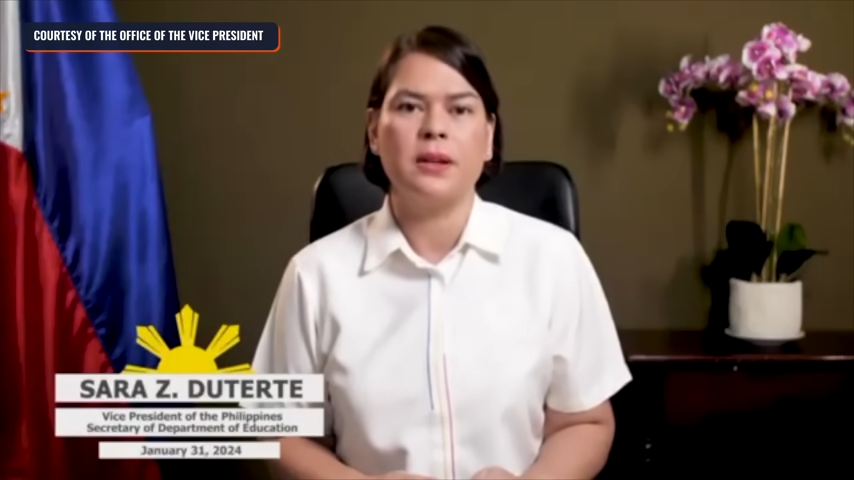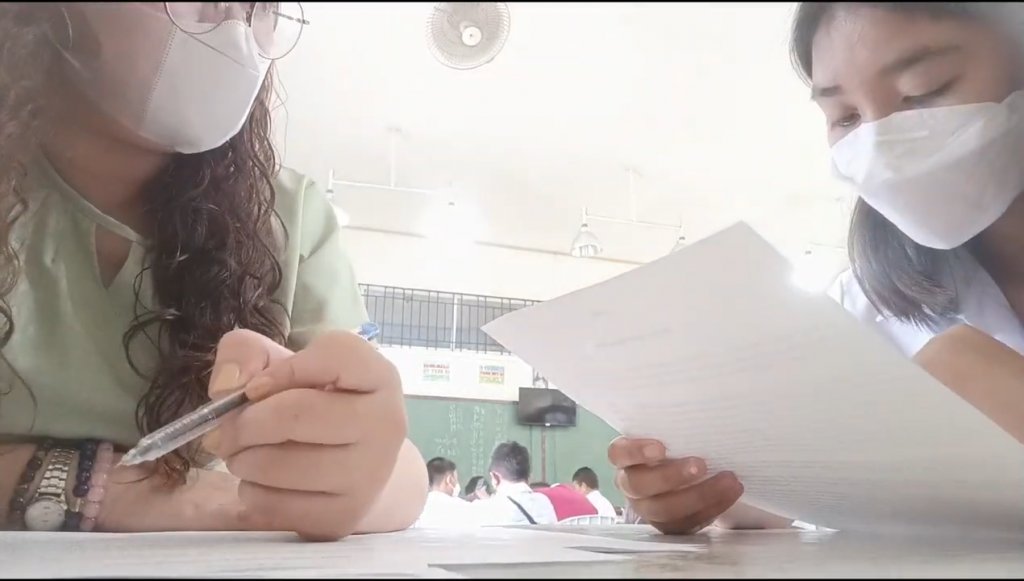Physical Address
304 North Cardinal St.
Dorchester Center, MA 02124
Physical Address
304 North Cardinal St.
Dorchester Center, MA 02124

The Department of Education (DepEd) is implementing a science-based approach to address reading challenges highlighted by the 2022 Programme for International Student Assessment (PISA). Administered by the Organization for Economic Cooperation and Development (OECD), PISA is a periodic testing program that evaluates the academic performance of 15-year-old students across various countries.

In 2022, the Philippines ranked 77th out of 81 participating countries, with mean scores of 355 in Mathematics, 347 in Reading, and 373 in Science. In contrast, the international mean scores were significantly higher, at 472 in Mathematics, 476 in Reading, and 485 in Science.
During the First International Literacy Conference on the Science of Reading held in Santa Rosa on April 15, Rosalie Bongon, chief of DepEd’s Learning and Delivery Bureau, emphasized that the government is investing in national capacity-building initiatives for a science-based approach to teaching reading. She pointed out that Filipino students are approximately five to six years behind in learning competencies. Each 20-point shortfall from the OECD average indicates a one-year lag in the annual learning pace of 15-year-olds in PISA-participating nations.
Despite these rankings, DepEd noted improvements in the country’s performance in the PISA 2022, as well as in the National Achievement Test (NAT) and other national assessments. Bongon stated that the PISA results underscore the need to strengthen students’ foundational skills, particularly in Mathematics, Reading, and Science. Under the framework of the MATATAG curriculum, DepEd has made deliberate strides in prioritizing literacy and numeracy to help learners perform better in other academic areas.
DepEd is optimistic that its latest program, ‘Catch Up Fridays,’ will help close the learning gaps among students. This initiative and other learning programs, such as the National Reading Program and the National Mathematics Program, form crucial components of the National Learning Recovery Program (NLRP). These programs will have dedicated time allotments within the classroom starting in the 2024-2025 school year to ensure the necessary emphasis for effective implementation.
Education officials, led by Vice President and Secretary Sara Duterte, also advocate for the digitization of learning. They aim to utilize extensive sources of knowledge and prepare learners to be competitive in a technology-dominated workforce. Integrating digital tools and resources in education is vital in modernizing the learning environment and equipping students with the skills needed for future success.
DepEd’s commitment to improving literacy through a science-based approach and enhancing the overall education system is evident in these initiatives. By focusing on foundational skills, leveraging technology, and addressing learning gaps, DepEd aims to elevate the academic performance of Filipino students and ensure they are well-prepared for the demands of the global landscape.